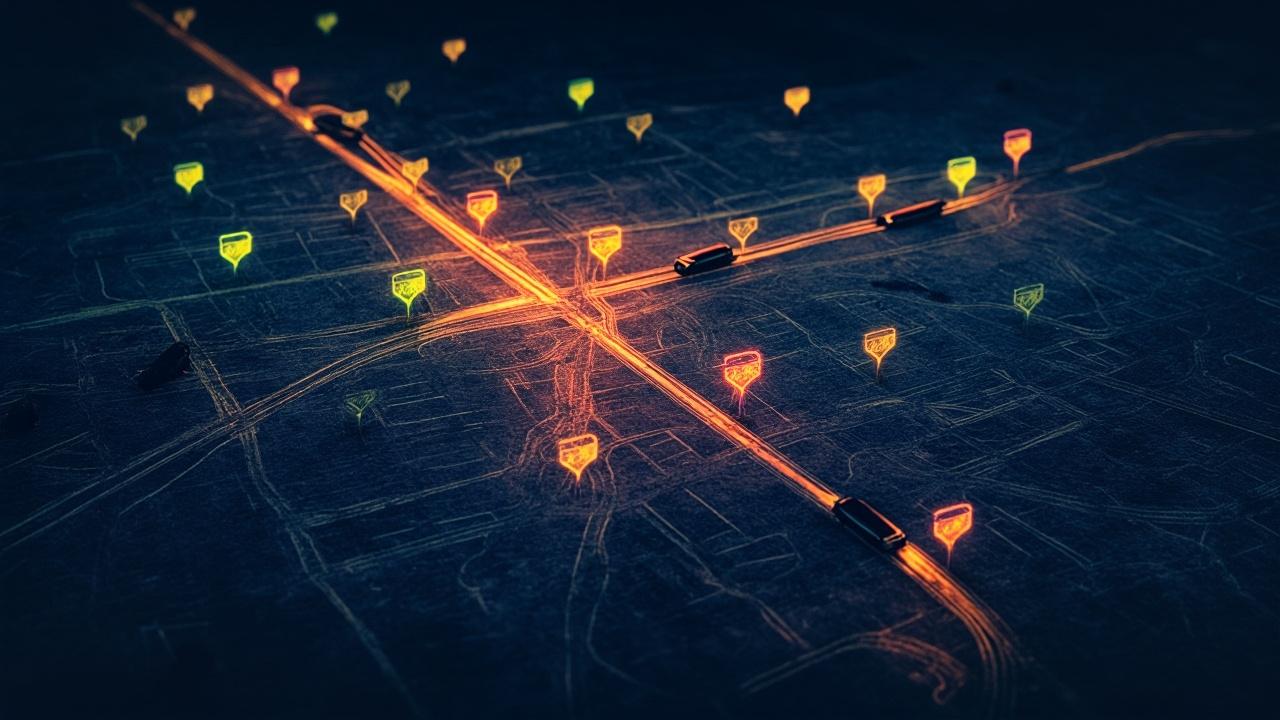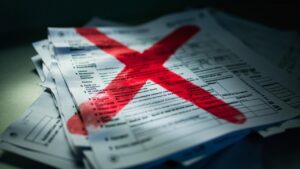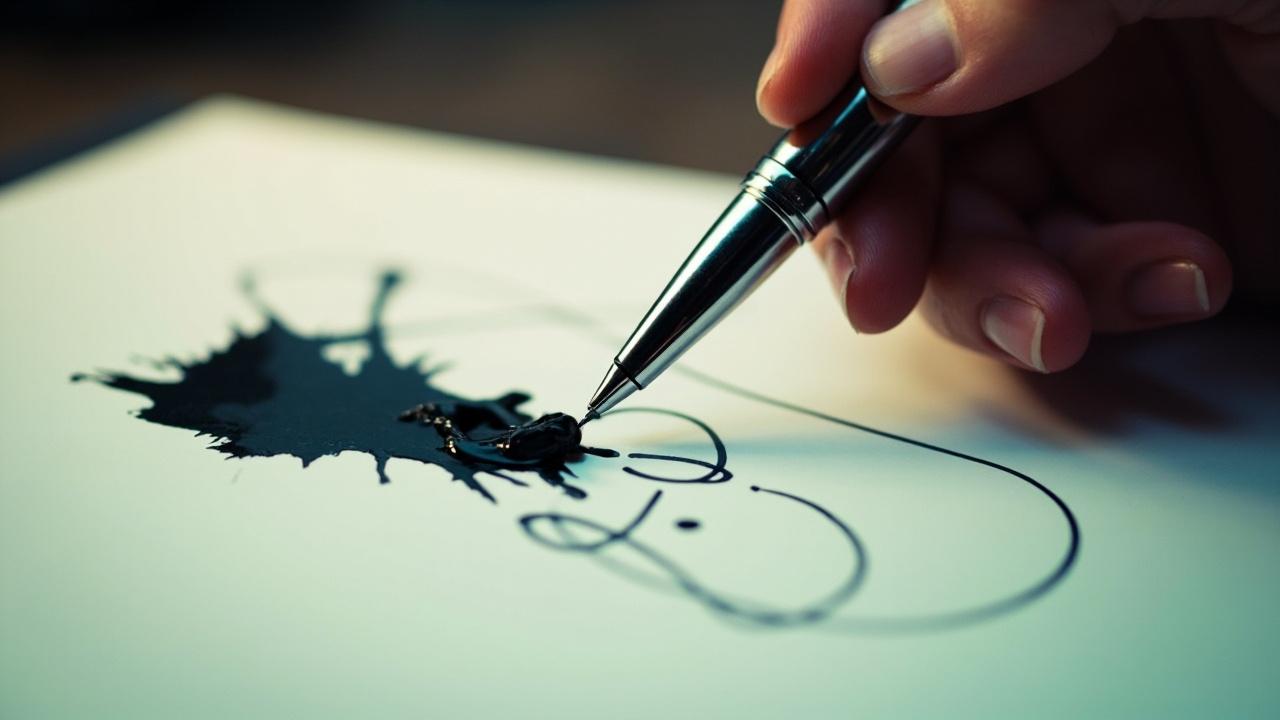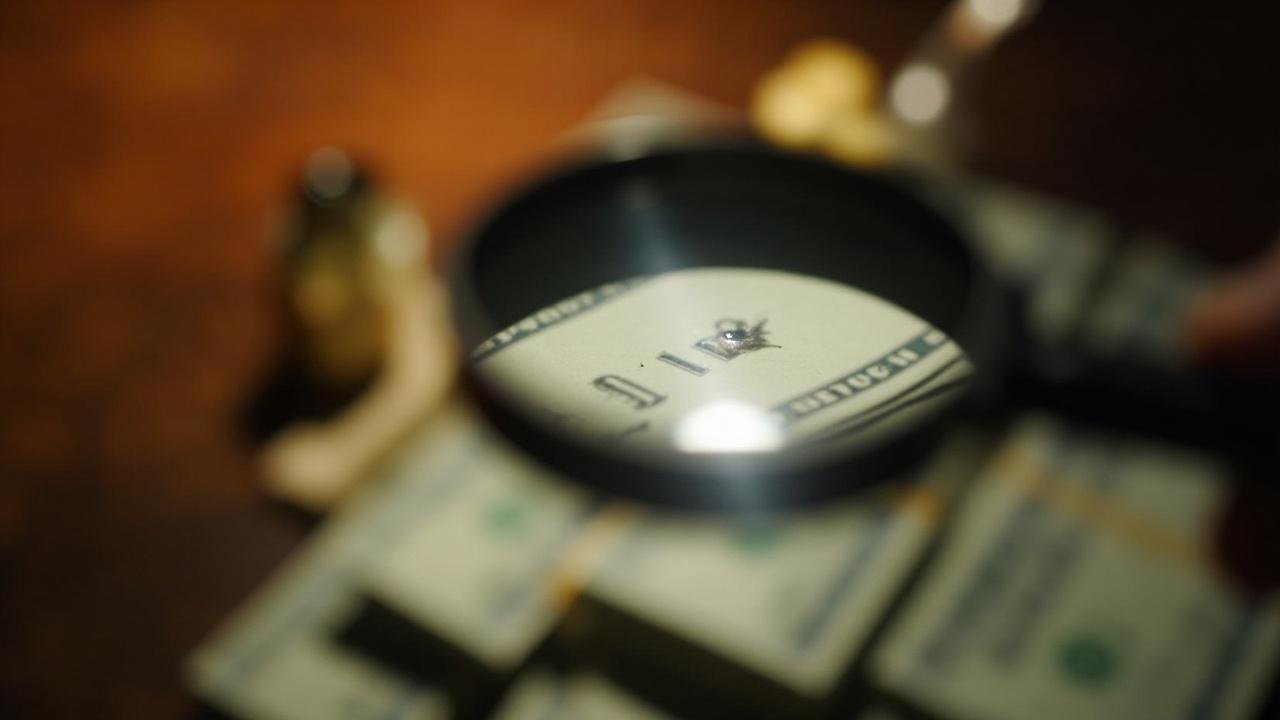Introduction
If you’ve encountered a DUI checkpoint in Santa Monica, or want to be prepared, knowing your rights is critical. A santa monica dui lawyer can provide assistance if needed.
In Santa Monica, like many cities, DUI checkpoints are a common law enforcement tool, aimed at deterring drunk driving and enhancing public safety. Consider this: in 2022 alone, Santa Monica saw a 15% increase in DUI arrests compared to the previous year, highlighting the ongoing need for awareness and preventative measures.
This blog post serves as your comprehensive guide to navigating DUI checkpoints in Santa Monica. While “checkpoint season” isn’t an official term, it’s widely recognized that DUI enforcement ramps up during specific periods, such as holidays like Labor Day and New Year’s Eve, as well as during the busy summer months and major events near the Santa Monica Pier or Main Street.
Being informed about these heightened enforcement periods and understanding your rights can make a significant difference if you encounter a checkpoint.
Our objective is simple: to empower Santa Monica residents and visitors with the knowledge they need to approach DUI checkpoints safely, legally, and with confidence. We’ll delve into the legal basis for these checkpoints in California, discuss common locations and times they occur, and outline what you can expect when approaching one.
Furthermore, we’ll explore your rights during a checkpoint stop and the steps to take if you’re suspected of driving under the influence. This information is designed to help you make informed decisions and protect yourself in potentially challenging situations.
Understanding the Law
The establishment and operation of DUI checkpoints in California are governed by a specific legal framework designed to balance public safety concerns with individual rights. These checkpoints are not arbitrary; they must adhere to strict guidelines to be considered constitutional. The primary legal basis stems from the Supreme Court case *Michigan Dept.
of State Police v. Sitz*, which established that sobriety checkpoints are permissible under the Fourth Amendment, provided they meet certain criteria. California courts have further refined these requirements, setting a high bar for law enforcement to meet when conducting these operations.
To ensure the legality of a DUI checkpoint, law enforcement agencies must comply with several key requirements. These include, but are not limited to, proper signage to clearly indicate the checkpoint’s presence, advanced publicity to inform the public about the checkpoint’s location and timing, standardized procedures for stopping vehicles, and adequate supervision by law enforcement officials. The checkpoint must also be conducted in a manner that minimizes intrusion on drivers and avoids undue delay.
Furthermore, the decision to establish a checkpoint must be based on data indicating a need for increased DUI enforcement in the area. Failing to meet even one of these requirements could potentially render the checkpoint illegal, which could then have consequences for DUI cases arising from the checkpoint. A skilled *santa monica dui lawyer* can assess all aspects of the checkpoint to determine if the legal requirements were adhered to.
Despite the legal framework in place, there are many misconceptions about the legality of DUI checkpoints. One common myth is that drivers have no rights at a checkpoint and must comply with all officer requests. This is false. Drivers retain their constitutional rights, including the right to remain silent and the right to refuse a search without probable cause.
Another misconception is that checkpoints can be set up anywhere at any time. In reality, checkpoints must be strategically located based on DUI data and must be conducted at times when DUI incidents are most likely to occur. Understanding these legal nuances is crucial for anyone encountering a DUI checkpoint in Santa Monica.
| Requirement | Description |
|---|---|
| Proper Signage | Clear indication of the checkpoint ahead. |
| Advanced Publicity | Notification to the public about the checkpoint location and timing. |
| Standardized Procedures | Consistent protocols for stopping and interacting with drivers. |
| Minimal Intrusion | Reducing the inconvenience and delay for drivers. |
Common Times and Locations for Santa Monica DUI Checkpoints
While predicting the precise location and timing of Santa Monica DUI checkpoints is impossible due to their strategic and often unpredictable nature, understanding patterns can help drivers be more vigilant. Law enforcement agencies typically announce checkpoints in advance, though specifics are usually kept vague to maintain their deterrent effect. Therefore, it’s crucial to remain observant and exercise responsible driving habits at all times, regardless of whether a checkpoint is anticipated.
Certain times of the year and events tend to correlate with increased DUI enforcement efforts. Holidays known for celebrations and gatherings, such as Labor Day weekend, the Fourth of July, and New Year’s Eve, often see a rise in DUI checkpoints.
Additionally, large-scale events held near the Santa Monica Pier, on Main Street, or in other popular entertainment areas are also likely to prompt increased law enforcement presence. These are peak times when authorities anticipate a higher risk of impaired driving.
Although the exact streets and intersections remain undisclosed until the checkpoint is active, some areas in Santa Monica are more frequently used for these operations. Major thoroughfares that experience heavy traffic flow, such as Lincoln Boulevard, Ocean Avenue, and Santa Monica Boulevard, are common choices. Areas in close proximity to bars, restaurants, and entertainment venues, especially those near exits from the 10 Freeway, are also potential locations.
Remember, being proactive and making responsible choices is the best way to avoid any interaction with a DUI checkpoint. If you do find yourself facing charges, a qualified santa monica dui lawyer can help protect your rights and navigate the legal process.
| Time of Year | Typical Locations |
|---|---|
| Holidays (Labor Day, 4th of July, New Year’s Eve) | Major thoroughfares (Lincoln Blvd, Ocean Ave, Santa Monica Blvd) |
| Large Events (Near the Pier, Main Street) | Areas near bars, restaurants, and 10 Freeway exits |
What to Expect When Approaching a DUI Checkpoint
Approaching a DUI checkpoint can be a nerve-wracking experience, even if you haven’t had a drop of alcohol. Knowing what to expect can help you navigate the situation calmly and ensure your rights are protected. The process typically begins with clearly marked signage indicating an upcoming checkpoint. As you approach, reduce your speed and be prepared to stop. Law enforcement officers will be directing traffic, often funneling vehicles into designated lanes.
The Initial Interaction
Once you reach the front of the line, an officer will likely approach your vehicle. Be polite and cooperative. The officer will typically ask for your driver’s license, vehicle registration, and proof of insurance.
Have these documents readily available to expedite the process. The officer may also ask you a few simple questions, such as where you are coming from and where you are going. These questions are designed to gauge your alertness and assess whether there are any obvious signs of impairment.
Observational Assessment
While interacting with you, the officer will be observing you closely for any signs of intoxication. These signs can include the odor of alcohol, slurred speech, bloodshot or glassy eyes, and any difficulty with motor skills. They may also look for open containers of alcohol in the vehicle.
If the officer detects any of these indicators, they may ask you to step out of the vehicle for further evaluation. It’s crucial to remain calm and respectful throughout this process, as any aggressive or uncooperative behavior can raise suspicion. If you believe you have been unfairly targeted, remember that remaining calm is the best course of action, and you can address any concerns with a santa monica dui lawyer later.
Your Rights at a DUI Checkpoint
When approaching a DUI checkpoint, it is crucial to understand your rights under the United States Constitution. The Fifth Amendment protects your right to remain silent. You are not obligated to answer any questions that could potentially incriminate you. While you must provide your driver’s license, vehicle registration, and proof of insurance if requested, you can politely decline to answer further questions beyond verifying these documents. Remember, anything you say can be used against you in court.
Furthermore, you have the right to refuse a search of your vehicle unless the officers have probable cause to believe that evidence of a crime is present. Probable cause means that the officers have a reasonable belief, based on specific facts, that your vehicle contains illegal substances, open containers of alcohol, or other evidence related to a DUI.
Merely appearing nervous or refusing to answer questions is not sufficient grounds for probable cause. It is important to be respectful but assertive when protecting your rights, clearly stating that you do not consent to a search.
Navigating a DUI arrest can be complex. If you find yourself in this unfortunate situation, consulting with a santa monica dui lawyer is highly advisable. They can help you understand your rights, evaluate the legality of the checkpoint and the subsequent arrest, and build a strong defense on your behalf.

What Happens if You Are Suspected of DUI at a Checkpoint
If an officer at a Santa Monica DUI checkpoint suspects you of driving under the influence, the situation can quickly escalate. It’s crucial to understand the process that unfolds and your rights during each stage.
Standardized Field Sobriety Tests (SFSTs)
Officers typically begin by asking you to perform a series of Standardized Field Sobriety Tests (SFSTs). These tests, which are designed to assess your balance, coordination, and cognitive function, include the Horizontal Gaze Nystagmus (HGN) test (following an object with your eyes), the Walk-and-Turn test, and the One-Leg Stand test.
It’s important to understand that SFSTs are subjective, and factors like nervousness, fatigue, or pre-existing medical conditions can affect your performance, leading to a false indication of impairment. While you may feel pressured to comply, remember that these tests are often used to gather probable cause for an arrest.
Preliminary Alcohol Screening (PAS) Device
Following the SFSTs, or sometimes even before, the officer might ask you to submit to a Preliminary Alcohol Screening (PAS) test, which is a handheld breathalyzer. This device measures your blood alcohol content (BAC). In California, you have the right to refuse a PAS test *before* you’re arrested.
Refusal, however, can lead to the officer suspecting that you are trying to hide evidence of a crime. If the PAS test indicates a BAC of.08% or higher, or if the officer observes other signs of impairment, you will likely be arrested for DUI. However, refusing a PAS test after you have been arrested carries much more serious penalties, including a mandatory license suspension.
Arrest and Booking Procedures
If arrested, you will be handcuffed, read your Miranda rights (the right to remain silent and the right to an attorney), and transported to a local police station or detention center. At the station, you will be required to submit to a chemical test, either a breathalyzer or a blood test, to determine your BAC.
Unlike the PAS test at the checkpoint, refusing this test after arrest carries significant consequences, including an automatic one-year license suspension and potential enhanced penalties if convicted of DUI.
After the chemical test, you will be booked, which involves taking your photograph and fingerprints, and you will be held in custody until you can post bail or are released on your own recognizance. If facing such serious ramifications as the result of a DUI stop, it is vital to seek legal counsel from a qualified santa monica dui lawyer at your earliest convenience.
Seeking Legal Help
If you find yourself arrested for a DUI at a Santa Monica checkpoint, securing legal representation from a santa monica dui lawyer is paramount. The complexities of DUI law, combined with the specific circumstances of a checkpoint arrest, necessitate the guidance of an experienced attorney who understands the local legal landscape.
A skilled lawyer can meticulously review every aspect of your case, from the initial stop to the arrest procedures, to identify potential weaknesses and build a strong defense on your behalf.
A santa monica dui lawyer can provide invaluable assistance in understanding the charges against you and navigating the often-confusing legal system. They will thoroughly investigate the circumstances surrounding the checkpoint, ensuring it adhered to all legal requirements. This includes verifying that proper signage was in place, that the checkpoint was adequately publicized in advance, and that officers followed established protocols during the stop.
Any deviation from these standards could potentially lead to the suppression of evidence and dismissal of charges. Your lawyer will also analyze the evidence against you, scrutinizing the accuracy and reliability of breathalyzer or blood tests, and challenging any inconsistencies or errors in the police report.
Furthermore, a santa monica dui lawyer can explore potential defenses specific to checkpoint DUI cases, such as:
Understanding the potential penalties for a DUI conviction in Santa Monica is crucial. These penalties can include substantial fines, jail time, license suspension, mandatory DUI school, and increased insurance rates. A dedicated santa monica dui lawyer will fight to minimize the impact of these penalties and protect your driving privileges and future.
Prevention Is Key
There are several proactive steps you can take to minimize your risk of a DUI arrest in Santa Monica, especially with increased checkpoint activity. The most obvious and impactful is to practice responsible drinking habits. Know your limits and stick to them. It’s crucial to understand how alcohol affects you personally and to avoid overconsumption. Eating before and while drinking can also slow down the absorption of alcohol into your bloodstream.
If you plan on drinking, arrange for alternative transportation *before* you start. Santa Monica offers various options, including:
Designating a driver is another excellent way to ensure a safe ride home. If you’re going out with a group, take turns being the designated driver, ensuring that someone stays sober and responsible. There are also various resources available to help you find safe rides home, such as sober ride services and designated driver programs.
Remember, preventing a DUI is far easier and less stressful than dealing with the consequences after the fact. Contact a santa monica dui lawyer to understand the legal ramifications of driving under the influence.
Conclusion
Navigating the complexities of DUI checkpoints requires a proactive approach. By staying informed about your rights, understanding the legal framework surrounding these checkpoints, and making responsible choices, you can significantly reduce your risk of a DUI arrest in Santa Monica.
Remember, vigilance is key, especially during times when increased enforcement is anticipated. From understanding the nuances of field sobriety tests to knowing when and how to assert your constitutional rights, the information presented here is designed to empower you to make informed decisions.
The consequences of a DUI conviction can be severe, impacting your finances, freedom, and future opportunities. Therefore, prioritizing prevention is paramount. Utilize alternative transportation options, designate a sober driver, and be mindful of your alcohol consumption.
These simple steps can help you avoid the stress and potential legal ramifications associated with a DUI arrest. If, despite your best efforts, you find yourself facing DUI charges stemming from a checkpoint stop, remember that you are not alone and there are resources available to help.
Should you or someone you know be arrested for DUI in Santa Monica, seeking immediate legal assistance is crucial. A qualified *santa monica dui lawyer* can assess the specifics of your case, explain your legal options, and advocate for your rights throughout the legal process. Don’t hesitate to reach out for help and remember, being prepared, informed, and proactive is your best defense against the potential pitfalls of DUI checkpoints.
Frequently Asked Questions
What are the potential penalties for a DUI in Santa Monica?
A DUI conviction in Santa Monica can result in a range of penalties. These may include hefty fines, potentially reaching several thousand dollars, and mandatory attendance at DUI education programs, which can be time-consuming and expensive.
The penalties may also include a suspended driver’s license, making it difficult to commute and handle daily responsibilities. Furthermore, jail time is a possibility, especially with aggravating circumstances or prior offenses.
What defenses can a Santa Monica DUI lawyer use to fight my case?
A Santa Monica DUI lawyer can employ various defense strategies tailored to the specific circumstances of your case. They might challenge the legality of the initial traffic stop, arguing that law enforcement lacked reasonable suspicion.
The accuracy of the breathalyzer or blood test results may also be questioned, citing potential errors in calibration or administration. Furthermore, the attorney could argue that your driving was not actually impaired at the time of the arrest.
How long will a DUI stay on my record in California?
A DUI conviction generally remains on your California driving record for ten years. This means it will be visible to law enforcement, insurance companies, and potentially employers who conduct background checks. While the conviction may eventually be removed from your DMV record after this period, it may still appear on your criminal record indefinitely unless expunged.
Should I hire a DUI lawyer if this is my first offense in Santa Monica?
Even if this is your first DUI offense in Santa Monica, hiring a DUI lawyer can be beneficial. A lawyer can navigate the complex legal system, protecting your rights and exploring all available options to minimize the consequences of a conviction.
They can negotiate with prosecutors, identify potential defenses, and represent you in court, potentially leading to reduced charges or a dismissal.
What is the difference between a DMV hearing and a court hearing in a DUI case?
The DMV hearing and the court hearing in a DUI case serve different purposes. The DMV hearing focuses on the administrative aspect of your driver’s license suspension, determining whether the suspension is justified based on probable cause and your blood alcohol content.
The court hearing, on the other hand, addresses the criminal charges filed against you, determining your guilt or innocence and imposing penalties if convicted.









